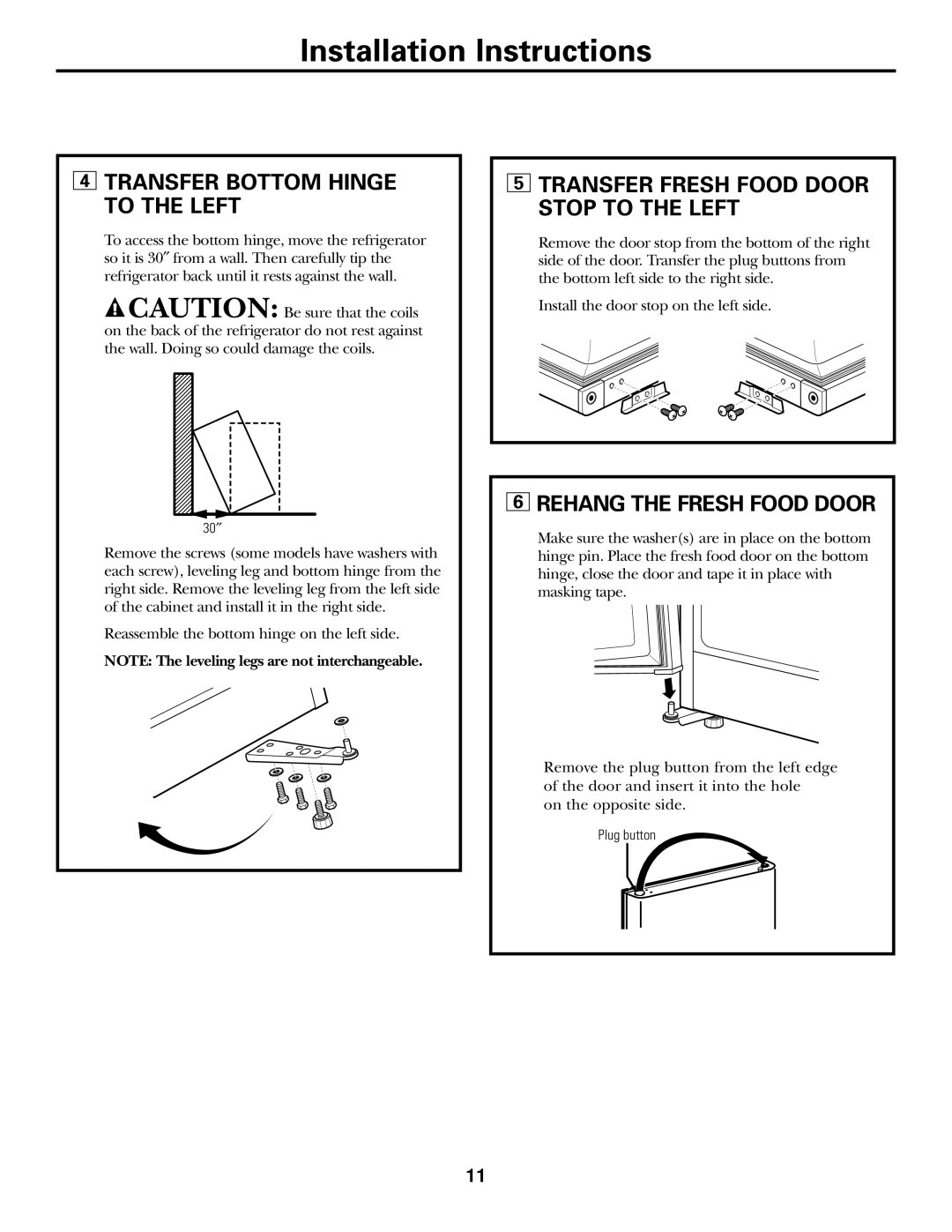gtr10, GTR12 specifications
The General Electric (GE) GTR12 and GTR10 gas turbines represent a significant advancement in turbine technology, designed for power generation with an emphasis on efficiency and reliability. These turbines are engineered to meet the growing demand for clean and effective energy solutions in the industrial sector.The GTR12 is particularly known for its high efficiency ratings and modular design, which allows for easier maintenance and upgrades. It can adapt to varying load demands, making it an ideal option for both peak and baseload power generation. One of its standout features is the advanced materials and coatings used in the turbine blades, enabling it to withstand higher temperatures and improve overall performance. Additionally, the GTR12 incorporates GE’s state-of-the-art aerodynamic design, which enhances its output while minimizing fuel consumption.
On the other hand, the GTR10 is designed for smaller scale operations, providing an effective solution for distributed power generation. This turbine also features an efficient combustion system that optimizes fuel usage while reducing emissions. The compact design of the GTR10 makes it suitable for installations where space is at a premium. It is versatile enough to be used in various configurations, including simple cycle, combined cycle, and cogeneration applications.
Both the GTR12 and GTR10 utilize advanced digital controls and monitoring systems. GE's Digital Wind Farm technology leverages data analytics and real-time monitoring to maximize efficiency and uptime. This means that operators can predict maintenance needs before issues arise, reducing downtime and maintenance costs.
In terms of characteristics, both turbines boast a robust design that ensures reliability even in challenging operating conditions. They are engineered to comply with stringent environmental regulations, thus supporting the global shift toward cleaner energy solutions.
To sum up, GE's GTR12 and GTR10 gas turbines are exemplary models of modern engineering, emphasizing efficiency, reliability, and adaptability. With advanced features such as high-performance materials, digital controls, and versatile design options, these turbines serve as integral components in the sustainable energy landscape. Their ability to integrate with renewable energy sources further solidifies their role in shaping the future of power generation. These turbines not only meet today's energy demands but also pave the way for a more sustainable and efficient energy future.

